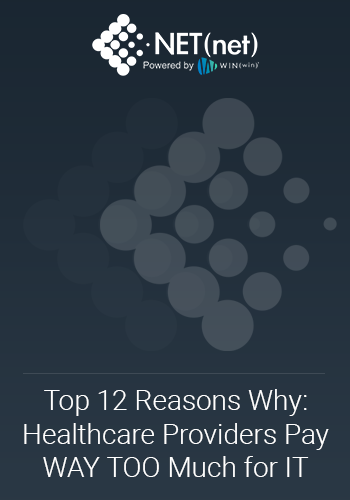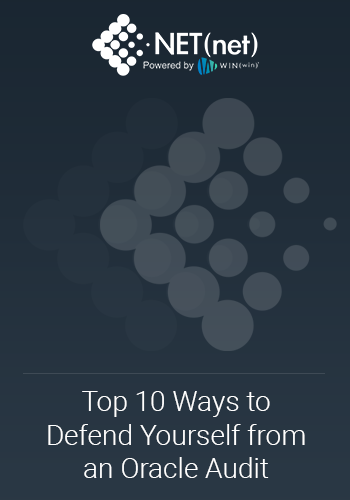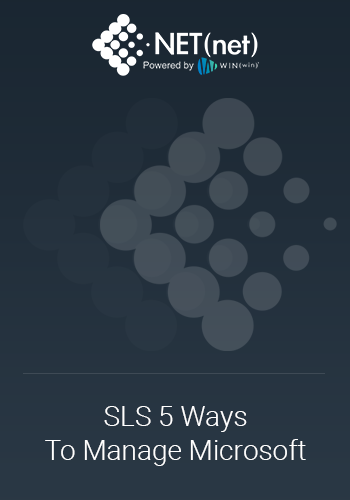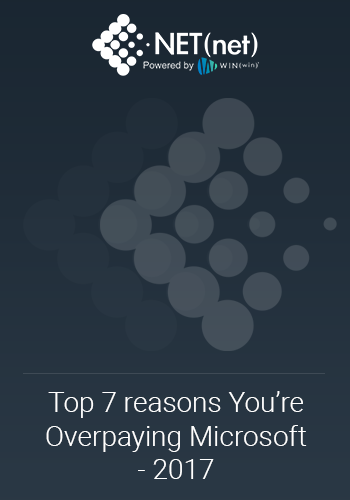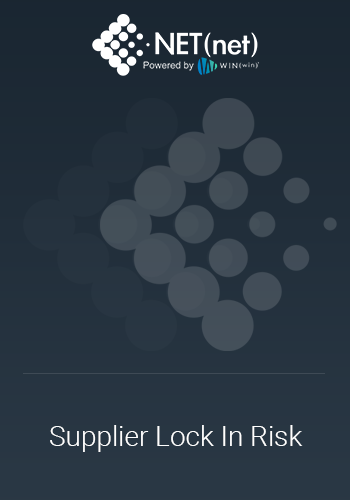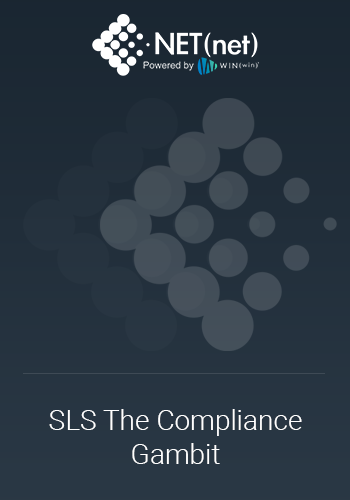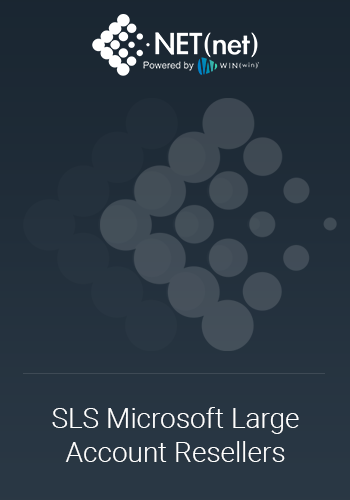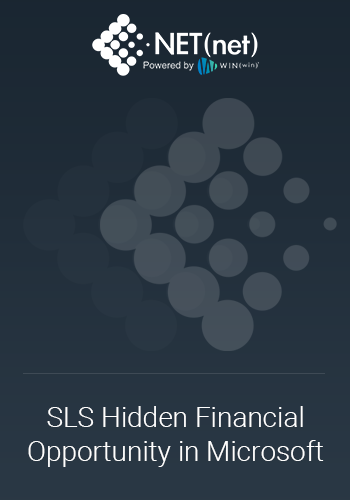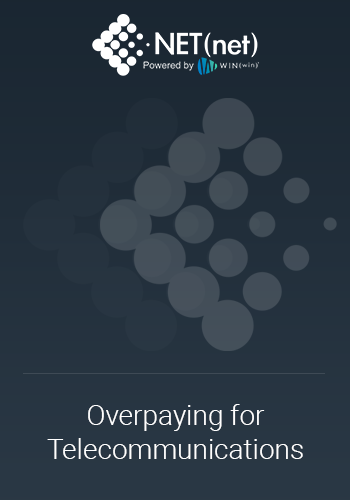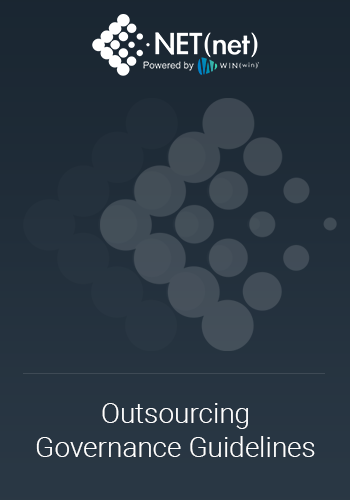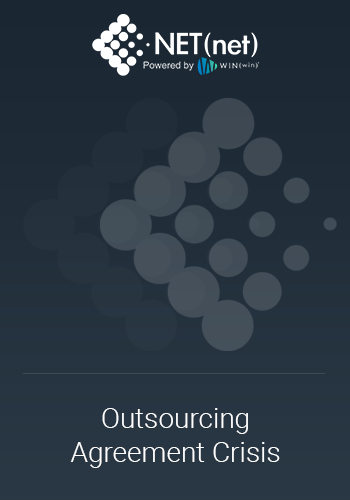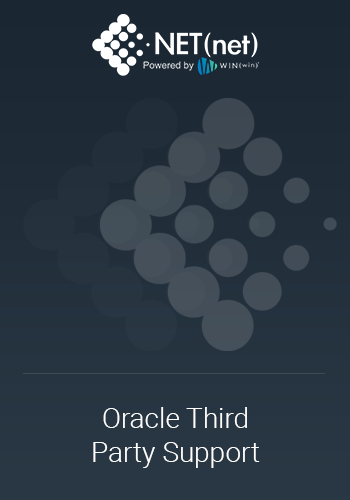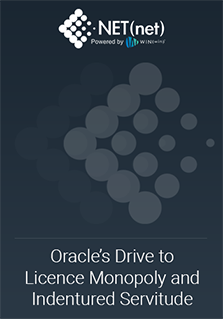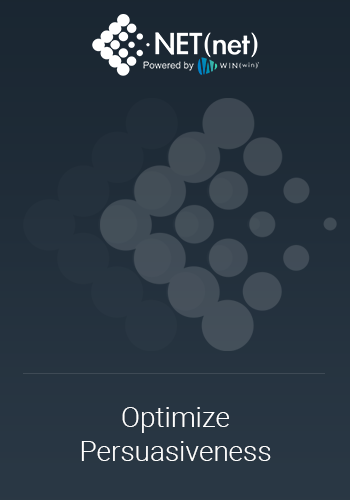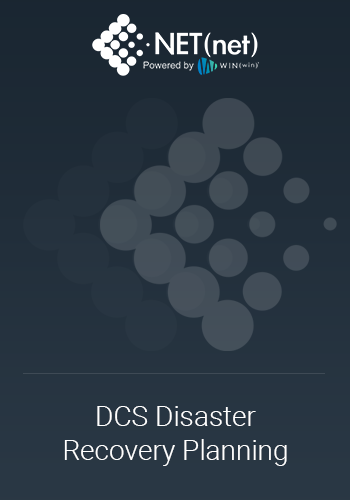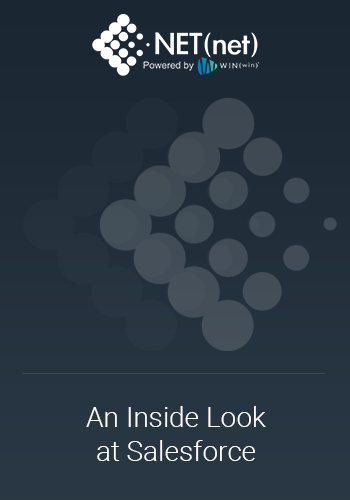Back in the 1980’s an established computer company, Applied Computer Techniques or ACT, wanted to crush a young upstart called ‘Apple.’ So, they renamed their computer Apricot. This copycat strategy was not much of a success, Mitsubishi Electronics bought them in the early 1990’s as a competitive domestic play at NEC eventually shutting down the brand altogether.
Maybe not the smartest move by ACT. Fast forward 30 years and a young upstart made its way to the market and its consumers. Founded in 2015, Lemonade has grown to become one of the leading InsurTech companies across the world. But how does a fairly young company compete with various industry giants, who have operated their business for sometimes centuries.
Lemonade has two interesting twists with which it attracts its predominantly young customer base.
- Digital First - The company utilizes chat bots and machine learning to handle the signup and claims. And due to their chat bots, Lemonade is able to gather over 100 times more data points on its customers compared to its established competitors. Due to the vast amount of data Lemonade is able to collect, its algorithms can accurately predict the appropriate level of insurance one has to pay.
- Behavioral Economics - Traditional insurance companies are for-profit organizations who are incentivized to hold onto claims as long as possible while minimizing the payouts. Lemonade hired a Chief Behavioral Officer who was tasked with implementing an incentive system in which customers can trust their insurance again.
Apart from its emphasis on technological expertise and social goodwill, Lemonade also focused on the two factors missing in the insurance industry: increasing trust and transparency. Collected customer premium (the amount of money the customer pays for their insurance) is used by Lemonade in the following way:
- 25% fixed fee for Lemonade to cover administrative costs with surplus being their profit (for comparison, traditional for-profit insurance companies collect 35% premium fees).
- 75% used to fund claims, buy reinsurance, and cover taxes and fees (surplus goes to a charity of the customer’s choice).
As a result, Lemonade has a Net Promoter Score or NPS, which measures how likely customers are to recommend a business to a friend, of 70. That compares to an industry average of under 20 (NET(net)’s NPS is 78!).
Similar to Apricot and Apple, established insurance companies are looking at Lemonade as an upstart that is upsetting the 'apple' cart (pun intended). And there are examples of responses to this market disruptor from established insurance companies, albeit not stopping the momentum of Lemonade:
- Geico came out with a commercial featuring a lemonade stand and the actor / rapper Ice-T.
- Liberty Mutual experimented with Lulo (or Naranjilla – “Little Orange”) to gauge consumers’ interest in online shopping for renters insurance.
And there are others that just do not believe the hype. Sure, Lemonade is an online only company. And yes, you can buy their insurance products through an app on your phone in which a bot named Maya will help you with your coverage selections, but it’s still just an insurance company with a fancy website and underlying pricing tools, policies, claims and billing capabilities like any other insurance company.
With customers demanding more efficient, engaging and personalized experiences, with agents and underwriters seeking more digital workflows, insurance companies understand that simply retrofitting legacy systems cannot provide a clear path to true digital transformation. Research shows that 88% of insurance professionals believe that legacy systems are preventing transformation.
- Key Challenge – Regardless of these views, the digitization process is slowed by one of the most challenging problems for companies in the Insurance Industry to solve, which is seeking to build and implement a simple digital experience on top of a very complex process.
There are a number of software providers who stepped into this space and are providing an insurance system that shifts away from “point in time solutions” to core Property & Casualty functions including data, risk, fraud, telematics and document services capabilities insurance companies need to operate. And slowly but surely, these are delivered as a native cloud service.
Most of these insurance solution providers are using the annual (gross / direct) written premium as the driver to determine the cost of these solutions. And as with any metric driven subscription, this can become a costly proposition on top of an already expensive business transformation and system implementation process.
- Smart Approach – Bringing outside support from a 3rd party like NET(net) who has dealt with these types of engagements before is critical to ensure the deal value is optimized.
Recently, NET(net) was contracted by a major P&C insurer in a large domestic market to provide Advisory Services for a tool selection process and Optimization Services to negotiate the final deal.
- RFP Process – NET(net) worked with a team of IT Executives and Business Process Owners to develop requirements and deliver the RFP through NET(net)’s sourcing platform.
- Execution – NET(net) created a detailed Supplier Negotiation Strategy to ensure the final deal parameters that set the stage for their future cost was value optimized.
- Negotiation Floor – NET(net) used the RFP process and initial negotiations to establish an aggressive target outcome that was 52% below the delivered proposals.
- Final Deal – Negotiating with the preferred supplier resulted into a final deal with the preferred supplier that came close to the targeted outcome (48% lower rather than 52%).
- Outcome – Besides additional value drivers and an optimized Term Sheet protecting the client, the negotiations yielded ~3500% ROI.
New entrants are increasingly chipping away at the traditional insurer’s market with digital-first products that offer convenience and personalization. On top of this, Covid-19 has dramatically shifted consumer and business behaviors and needs, creating fresh opportunities for technology upstarts.
To sum it up, as Insurance companies develop their innovation agenda using the power of new technologies is absolutely critical. Partnering with specialist organizations such as NET(net) can provide an immediate boost to this adoption by advising on the Software supplier selection and negotiate a value optimized deal.
About NET(net)
Founded in 2002, NET(net) is the world’s leading IT Investment Optimization firm, helping clients find, get and keep more economic and strategic value. With over 2,500 clients around the world in nearly all industries and geographies, and with the experience of over 25,000 field engagements with over 250 technology suppliers in XaaS, Cloud, Hardware, Software, Services, Healthcare, Outsourcing, Infrastructure, Telecommunications, and other areas of IT spend, resulting in incremental client captured value in excess of $250 billion since 2002. NET(net) has the expertise you need, the experience you want, and the performance you demand. Contact us today at info@netnetweb.com, visit us online at www.netnetweb.com, or call us at +1-866-2-NET-net to see if we can help you capture more value in your IT investments, agreements, and relationships.
NET(net)’s Website/Blogs/Articles and other content is subject to NET(net)’s legal terms offered for general information purposes only, and while NET(net) may offer views and opinions regarding the subject matter, such views and opinions are not intended to malign or disparage any other company or other individual or group.

